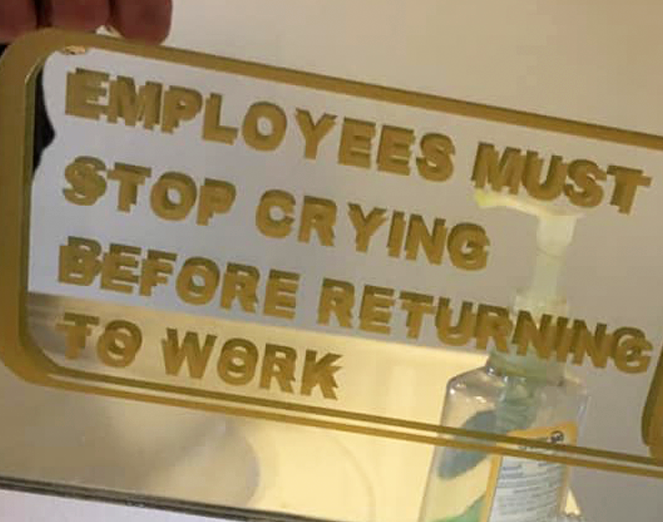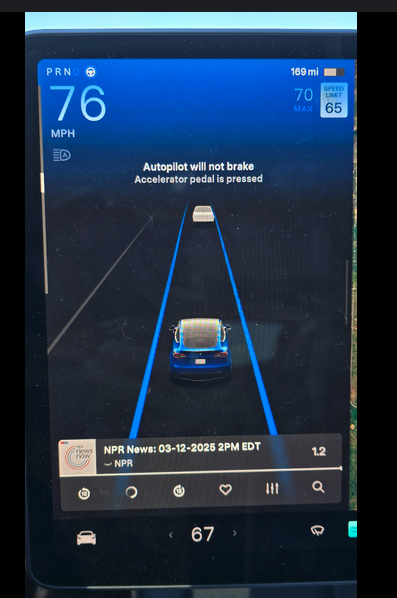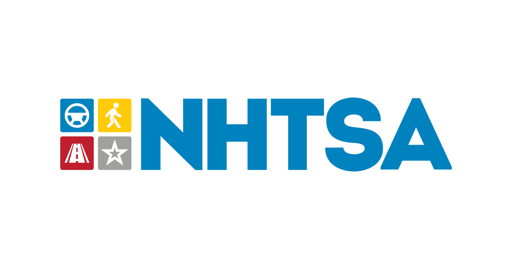

No, I want the people to buy a warehouse, have the utility run pipe into the building and back out to the water supply, have the warehouse pay wholesale rates and resell it to the people at wholesale after its half second journey through the detour pipe in the warehouse.










I saw a post saying /r/period required an age check.
They’re gonna censor as much as they can with this.